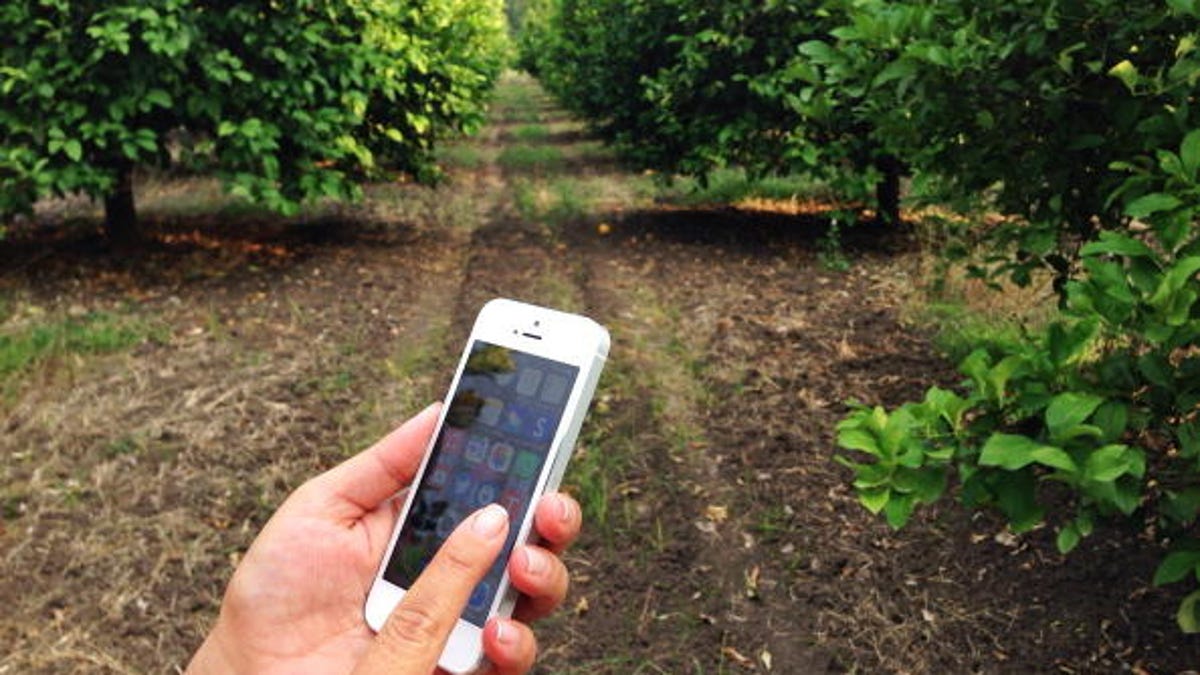More than half of rural Americans say it’s hard to access high-speed internet
It isn't related to household income or educational level.

It isn't easy to get broadband in the fields.
Access to high-speed internet is still a struggle in rural communities.
Fifty-eight percent of rural Americans said it's difficult to access fast internet in their communities, according to a blog post published by the Pew Research Center on Monday. Nearly a quarter (24 percent) of rural adults see this as a major problem, while 34 percent see it as a minor problem.
Trouble accessing high-speed internet cuts across economic divides in rural areas. A fifth of adults whose households earn less than $30,000 a year and almost a quarter (23 percent) of those whose annual income is $75,000 or more said high-speed internet is difficult to get. Differences in educational background weren't a factor either.
Americans living in rural areas have fewer options than people in cities when it comes to broadband internet because only a handful of companies provide the service in rural neighborhoods. In January, President Trump pushed for more high-speed broadband in rural areas, but his administration didn't outline anything specific for broadband deployment or funding.
Last November, the Federal Communications Commission tried to cut the Tribal Lifeline subsidy program, which would take away vital telecommunications services from tribal populations. An appeals court ruled last month to halt the FCC cuts.
Lawmakers also asked Facebook CEO Mark Zuckerberg in April to help bring low-cost and free broadband service to rural areas in the US. Zuckerberg said he would.

